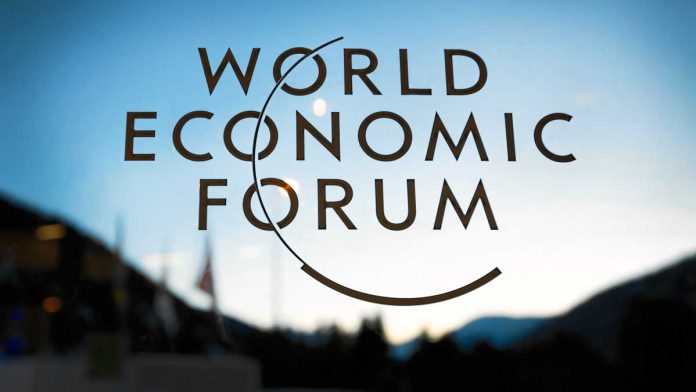The World Economic Forum has published a study that says “nature-positive” enterprise solutions can create 395 million jobs and $10 trillion in revenue by 2030. A major subtext of the piece is how digital technologies, bringing insight and automation to critical industries, can drive more sustainable and productive economic activity.
The study notes the COVID-19 pandemic has caused “unprecedented job losses and economic uncertainty”, and that industrial change is required more urgently in its wake. Its report, called the Future of Nature and Business Report, provides blueprints for businesses to tap into a $10.1 trillion business opportunity. Many of these detail the usage of digital technologies to bring “nature-positive” industrial change.
It cites real world examples: how smart farming with IoT sensors and satellite imagery has improved crop yields in Indonesia by 60 percent; how a new industrial park in the city of Suzhou, in eastern China, has made use of smart buildings and smart infrastructure to drive 260-fold GDP growth.
Akanksha Khatri, head of the nature action agenda at the World Economic Forum, said: “We can address the looming biodiversity crisis and reset the economy in a way that creates and protects millions of jobs. Public calls are getting louder for businesses and government to do better. We can protect our food supplies, make better use of our infrastructure, and tap into new energy sources by transitioning to nature-positive solutions.”
The report, written with London-based consultancy AlphaBeta, segments actions into three areas where change can be scaled: food, land, and ocean use; infrastructure and the built environment; and energy and extractives. The use of new digital technologies will enhance sustainability and productivity in each segment, it says.
Most notably, however, it draws attention to the role of technology in the second of these, in infrastructure and the built-environment. About 40 percent of global GDP comes from office buildings, homes, and transport, it notes. “Nature-positive solutions can create 117 million new jobs and $3 trillion in additional revenue or cost savings by 2030,” it says.
It gives certain examples. In smart buildings, installing and retrofitting more efficient technologies in new builds can save $825 billion by 2030; switching to LEDs and substituting natural light could save over $650 billion in the same time-frame. Besides, “green roofs” can save energy, mitigate flood risk, reduce air pollution, and produce food.
Meanwhile, usage of smart sensors to reduce municipal water leakage could save $115 billion by 2030. Return on investments in water efficiency can be above 20 percent, it calculates. The global waste management market could double in 10 years, bringing $305 billion in additional revenue, with the right investments in South Asia, East Asia and sub-Saharan Africa.
The third sector, “energy and extractives”, contributes almost a quarter of GDP and 16 percent of global employment, is also highlighted. “With energy demand growing, there is an opportunity to create 87 million jobs and $3.5 trillion in business opportunities by 2030,” it says. Again, the examples in this sector highlight the role of technology.
The World Economic Forum says improving resource recovery in mining can save $225 billion and reduce water usage by 75 percent in the next decade; new technologies and more mechanization could enhance material recovery rates by up to 50 percent, it says.
Meanwhile, circular models in the automotive sector, for refurbishing and reusing automotive parts, can save $870 billion in manufacturing costs by 2030, it calculates. Opportunities around renewable energy are a major focus, too, with $650 billion revenue and 10 percent returns forecast on investments, and stimulus packages for renewables generating millions of new jobs.
In terms of ‘food, land, and ocean use’, worth around $10 trillion of global GDP and 40% of global jobs, it reckons “nature-positive” solutions can create 191 million new jobs and $3.6 trillion of additional revenue or cost savings in the period.
Solutions include technology in large-scale farms, for precision-agriculture, which can contribute over 4.3 million jobs and $195 billion in business opportunities by 2030, with 40 percent improvements in yields and returns of over 10 percent on tech investments.
The World Economic Forum sets out policy measures for finance ministers to tackle the targets, including better measurement of economic performance, incentives for innovation, improved spatial planning, better management of marine and terrestrial assets, and investment in reskilling.
Inger Andersen, under-secretary general at the United Nations, and executive director of its environment programme, said: “Business has a critical role to play in environmental stewardship of our planet. They have the technology, innovation and financing to make the shifts we need towards increased investment in nature’s infrastructure and nature-based solutions.”
Fraser Thompson, managing director of AlphaBeta, said: “This report demonstrates there is a pathway for business that can not only strengthen the resilience of operations but create major new growth opportunities.”

